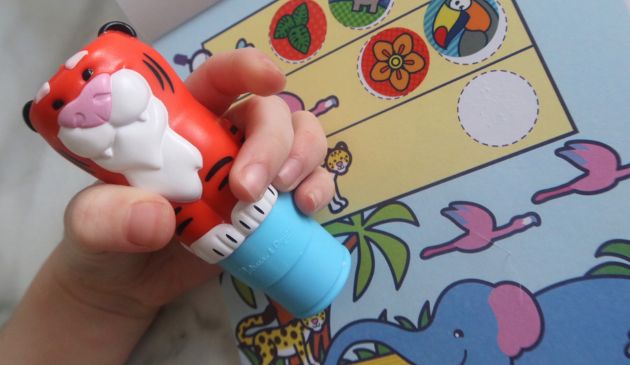
How To Manage a Break-Up When Children are Involved

This is a collaborative post
Breaking up from a long-term partner can be hard enough without the added pressure of children. You will have a lot of emotions of your own to deal with, and you will feel a sense of grief over the relationship, whether you were the one to initiate the break-up or not. You may feel extremely hurt or betrayed, and you may even be in shock or denial. All this pain is perfectly natural, and being at the end of something that may not have always been bad can be quite heart-breaking. In some cases, you may feel like a failure and wonder how you will carry on. All these emotions can be made doubly hard because you have children and their feelings to consider. At the end of the day, they are the innocent party in all this and in most cases, they do not want their parent to break up. Children will suffer from a whole range of new emotions that they are not equipped to deal with, being in some cases very young. They will be confused and wonder if you love them. They will feel as if they have lost a parent and may even blame themselves for the break-up, which can be detrimental to their mental health. In all break-ups, it is up to you and your ex-partner to help your children through this tough time, despite your own pain.
Explain the Situation to Your Children
You should never underestimate your child’s ability to understand what is going on. They will be fully aware that things are changing, and they will probably not like it. You cannot, therefore, leave them in the dark. Not telling them anything is probably the absolute worse thing you can do. In this scenario, they will begin inventing reasons and maybe, as mentioned above, start blaming themselves. This is something you will want to avoid at all costs. The best solution is to sit down with your ex-partner and explain the situation together. If explaining together is not possible, then you will have to do it alone. You should use language your child will understand, maybe make parallels to characters they know well. Make them see that it is not their fault and they are completely blameless. You may need to find several ways to explain the same thing or just reiterate the situation to make sure your child fully understands what is happening and what will happen going forward. They will need to know that both parents still love them and that they will still see both parents.
Choose the Right Time and Place to Have the Discussion
It makes sense to tell your children when you are at home in a comfortable place where they feel safe. Choose a time when there will be minimal distractions, turn off your phones, for example, and ensure that there is plenty of time for them to ask you questions. The evening is probably the best time when no one has to go out afterwards. This gives them the rest of the evening to process the initial shock before having to do anything the next day.
Ensure that You are All Singing from the Same Hymn Sheet
Before speaking to the children, ensure that your friends and relatives, on both sides, are fully aware and know what exactly you are going to tell the children. In some cases, the children will speak to Granny or Aunty, trying to understand better what is going on. If they are forewarned and know exactly what you are saying, that can send the same messages. Overall, everyone needs to be telling the children they are not to blame and that they are still very much loved and part of a family. In essence, everyone needs to be supporting your child’s mental health. They need to know that they are not going to lose anyone because of this situation. If everyone is consistent, the transition will be made easier, and the children will not suffer from as much confusion.
Listen To Your Child
Sometimes this can be very hard, especially when your child says things that you don’t like. They may wonder can children chose who to live with after the break-up, and if it’s not you, you may be heartbroken. They will also have a whole range of questions that you will need to answer. Remember everything they ask is important to them, and this news may be very hard on them. They may wonder if they will have to move school, or if they will lose all their friends. The answer may not always be something that they want to hear either. The worse thing you can do is lie to protect their feelings, if you don’t know something, you are going to have to say that you do not know. You need to be extremely sensitive to their feelings if you want them to transition through this hard time with the minimal amount of damage. Really listen to them. Hear what they do not say. Perhaps you need to be more aware of things that they are doing to get a better understanding of how they feel. They may start acting out, for example. If this happens, you already know why and you should cone at the situation with compassion and understanding. Your child needs to understand it is hard on you all. Try and get them to focus on the positives, like moving somewhere new, meeting new people.
Extra Support
If the situation has become too much; if your child has taken it very badly and nothing you do seems to make it better, then don’t feel as if you have failed if you seek extra support from a professional. A child counsellor could be exactly what they need. Or maybe it is you that needs the extra support. There are people out there and support groups who can offer advice from a position of true understanding. Whatever happens, if you have your child best interests at heart, you will find a way through that will eventually work.




















































